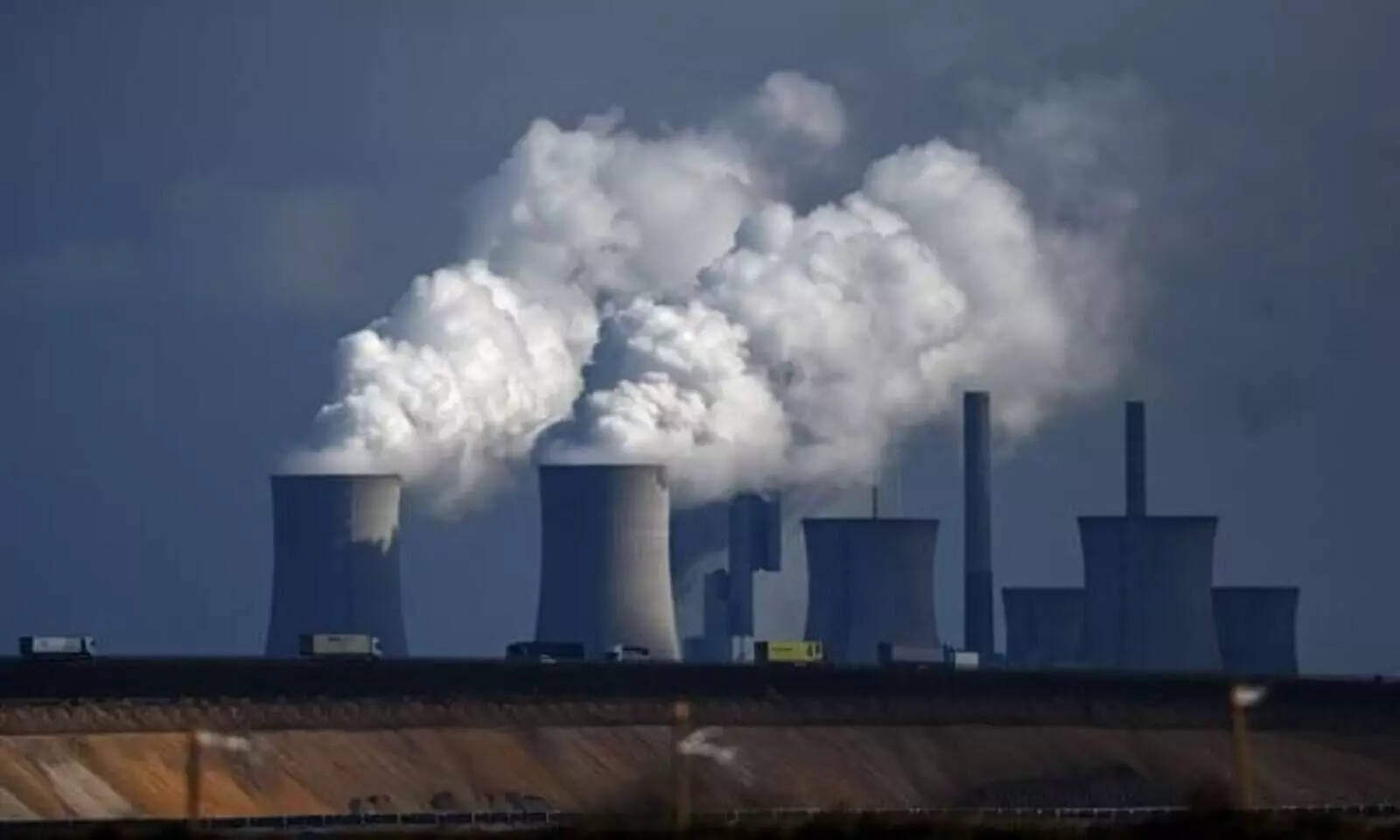
One-third of world lack legally mandated outdoor air quality standards: Report
text_fieldsNairobi: The first-ever assessment of air quality laws and regulations by the UN Environment Programme (UNEP) on Thursday reports that one-third of the world's countries have no legally mandated outdoor (ambient) air quality standards. Even in countries where such laws exist, standards vary widely and often misalign with World Health Organisation (WHO) guidelines.
Additionally, the report finds that at least 31 per cent of countries that do have the power to introduce such ambient air quality standards have yet to adopt them.
'Regulating Air Quality: The first global assessment of air pollution legislation' launched ahead of the International Day of Clean Air for blue skies examined the national air quality legislation in 194 States and the European Union.
Exploring various dimensions of legal and institutional frameworks, the report assesses their effectiveness in ensuring the attainment of air quality standards. The report concludes with key elements for a robust model of air quality governance to be considered in national legislation and makes the case for considering a global treaty on ambient air quality standards.
Air pollution has been identified by the WHO as the single largest environmental health risk, with 92 per cent of the world's population living in places where air pollution levels exceed safe limits, disproportionately affecting women, children and elderly people in low-income countries.
Although air pollution knows no borders, only 31 per cent of countries have legal mechanisms to address cross border air pollution.
"There will be no jab to prevent seven million premature deaths caused by air pollution each year, a number poised to grow by more than 50 per cent by 2050," said Inger Andersen, Executive Director of UNEP.
"The air we breathe is a fundamental public good, and governments must do more to ensure it is clean and safe" he added.
The WHO has presented guideline values for ambient air quality, but, as the report shows, there is no global alignment and common legal framework for applying them.
In at least 34 per cent of countries, ambient air quality is not yet legally protected. Even where legally adopted, standards are difficult to compare: 49 per cent of the world's countries define air pollution exclusively as an outdoor threat, geographic coverage of air quality standards varies, and over half of countries allow deviations from these standards.
Furthermore, institutional responsibility for attaining standards is weak globally -- only 33 per cent of countries impose obligations to meet legally mandated standards.
At its first session, the 5th UN Environment Assembly (UNEA-5) called on the Member States to act across sectors to reduce all forms of air pollution.
The study demonstrates that "even the most admirable national air quality objectives must be supported with strong institutional frameworks, implementation capacity and well-coordinated laws if they are to be effective," says Professor Eloise Scotford, who co-authored the report.
The report also calls on more countries to adopt robust air quality laws, which includes setting ambitious standards in law for both indoor and ambient air pollution, improving legal mechanisms for monitoring air quality, increasing transparency, significantly enhancing enforcement systems, and improving policy and regulatory coordination for national and transboundary air pollution alike.
Direct technical support to countries, involving the development and implementation of legal frameworks for air pollution, is also being planned, with complementary capacity-building for stakeholders, including judges, prosecutors and other enforcement officials.
The right to a healthy environment, including clean air, is a precursor to achieving Agenda 2030 and Sustainable Development Goals on good health, affordable and clean energy, sustainable cities, responsible production, and life on earth (SDGs 3, 7, 11, 12, and 15).





